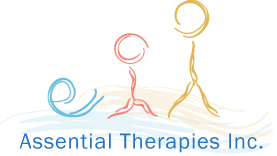About
Breast-Bottle feeding aversion program is designed to help babies struggling with breast and/or bottle to improve their feeding behavior.
What is Feeding Aversion?
A feeding aversion refers to a situation where a baby exhibits partial or full refusal of feeding. A baby could be averse to breastfeeding, bottle feeding and/or solid foods
Common Concerns Reported by Parents
- Pulling away from the bottle
- Pursing lips preventing nipple from entering mouth
- Chomping on nipple without active suckling
- Arching of back/ hyperextending of neck
- Becomes upset at sight of the bottle or when placed in feeding position
- Falling asleep during feeding
- Better volume intake during dream feeding
- Poor volume intake
- Poor hunger cues

How we Help
A feeding aversion develops when eating experience is associated with or leads to pain, discomfort, or disrupted breathing. During the feeding evaluation your feeding specialist will observe your baby bottle feed or nurse. This allows us to evaluate your babies oral skills needed for nursing or bottle feeding, these includes suckling strength, latch, suck swallow breath coordination, and swallowing function. These observations allow us to determine what is causing the breakdown in feeding. Based on these observations we will make appropriate recommendations and develop goals to address the feeding dysfunction.
